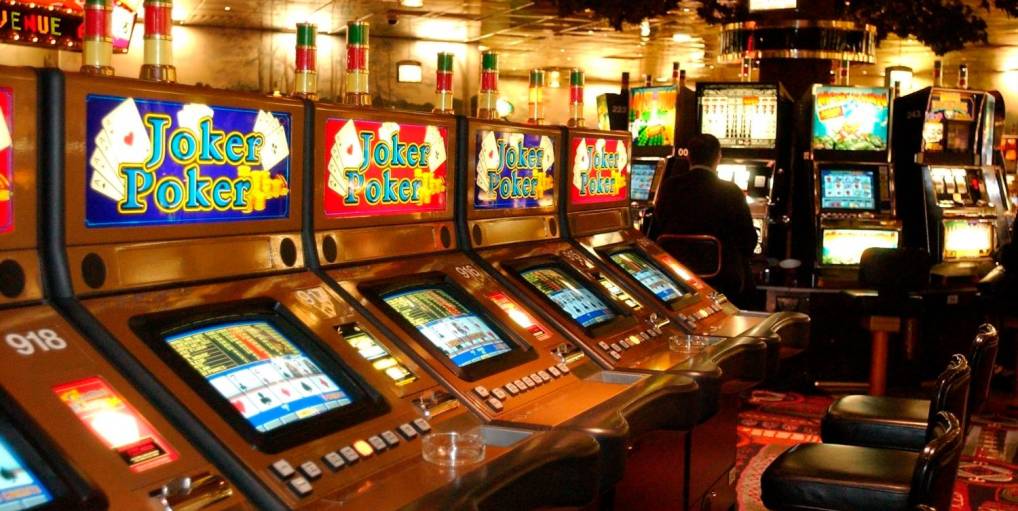
In the world of gambling, in which chance and strategy meet, a unique tapestry of beliefs manifests—one that braids luck, fate, and the enigmatic nature of casino games. Casinos, bustling with excitement and anticipation, are not just spaces for placing bets; they are also arenas in which superstitions thrive. From the novice player to the seasoned gambler, these mysterious practices often shape how individuals approach the games they play, believing that their actions can affect the outcome in ways that go beyond mere probability.
When players gather around roulette wheels, blackjack tables, and slot machines, the atmosphere is thick with stories of lucky charms, rituals, and codified behavior that defy logic yet provide a sense of comfort. Whether it’s wearing a specific outfit, following a particular sequence of bets, or even avoiding certain numbers, the attachment to various superstitions reflects a deep-rooted desire to master the uncontrollable. This article delves into the captivating world of casino game superstitions, investigating the beliefs that simultaneously entertain and mystify those who dare to play.
Cultural Origins of Superstitions
Casino games have long been interwoven with an array of superstitions that can be traced to early cultures. The roots of these beliefs can be associated to humanity’s innate need to control the random outcomes connected with chance and uncertainty. In early civilizations, games of uncertainty were often linked to religious practices. Gamblers would invoke aid or seek favor from spirits, believing that their actions could change the odds in their favor. This basis laid the foundation for the myriad of superstitions that proliferated as casino games evolved over ages.
During the medieval age, betting became a popular activity across Europe, and with it, a diverse tapestry of superstitions developed. Players adopted various rituals and charms, believing they could affect the consequences of games. The significance of digits, in particular, emerged to manifest in superstitions pertaining to card games and dice. The number seven was often considered favorable, while different numbers carried unfortunate connotations. These ideas mirrored the social contexts of the time, adapting as they passed through generations and changed to emerging gaming environments.
As gaming establishments developed in the seventeenth century, particularly in the Italian peninsula and France, the atmosphere surrounding gambling became saturated in mystique. The growing openness of gambling games allowed for the spread and diversification of superstitions among players. Concepts like charmed charms, specific seating locations, and rituals gained importance, creating a special culture within gambling establishments. As these traditions continued to thrive, they became essential to the identity of casino activities, illustrating how the past and culture shape the belief systems that influence how gamblers connect with chance.
Common Casino Myths
Beliefs surrounding gambling activities are abundant and diverse, reflecting the hopes and anxieties of players as they participate in chance-based games. One of the most common views is that specific digits bring fortune or bad luck. For example, the number 7 is often seen as a favorable number, frequently sought after by players looking for a positive outcome. Conversely, the number 13 is routinely considered cursed, leading many gamblers to avoid it during their gaming sessions.
Another common belief relates to rituals that players believe can influence their chances. Whether blowing gently on dice before a roll, using a specific gesture to place a wager, or even wearing particular items of attire, many people feel that these rituals can tilt luck in their favor. These rituals offer a sense of control in an otherwise unpredictable environment, strengthening the idea that luck can be manufactured through individual convictions and customs.
Finally, the environment and atmosphere of the gambling house itself contributes to superstition. Many players suggest that the presence of certain icons, such as four-leaved clovers or fortunate coins, can enhance their chances of winning. Additionally, gamblers might adhere to the belief that winning streaks can be interrupted by mundane events, such as someone passing by or a accident at the gaming surface. The shared atmosphere in a casino can amplify these superstitions, creating a shared culture of myths that transcends individual encounters.
Impact of Superstitions on Players
Beliefs play a crucial role in the psychology of gamblers, often influencing their behavior and choices. A lot of gamblers believe that luck can be influenced through various rituals, such as wearing a lucky charm, selecting specific colors, or avoiding certain numbers. This reliance on superstitions can create a feeling of control in an environment that is inherently unpredictable. Players often feel more self-assured and involved when they feel that their actions could sway the outcome of a game in their advantage.
The impact of these superstitions extends past individual players, affecting the general atmosphere within the casino. For instance, a player who believes in the luck of a certain slot machine might attract a gathering, as others are fascinated by their apparent luck. This shared belief can heighten excitement and create a lively environment, leading to an interesting experience even for those who may not necessarily be superstitious. The buzz around specific games can lead to higher participation and longer playing sessions, supporting the casino’s vibrant social scene.
In some instances, superstitions can lead to harmful effects for players. Relying too heavily on rituals can result in bad gambling decisions, as some may ignore basic strategies in favor of unfounded beliefs. vn882025 Additionally, the pressure to perform rituals may heighten anxiety and stress levels, detracting from the enjoyment of the experience. Ultimately, while superstitions can enhance the excitement of playing casino games, they can also lead to unwise choices that overshadow the enjoyment and amusement intended in the casino experience.
